Changing the Project Management Game with AI
In the past, Google was the go-to for finding answers, requiring users to sift through websites and navigate content to locate the needed information. Today, the process has evolved with the advent of Artificial Intelligence (AI) apps like ChatGPT. Whether your query is simple or complex, AI effortlessly provides answers in seconds. The integration of AI in the workforce has stirred both apprehension and reassurance. Some companies embrace AI, leveraging its capabilities to streamline operations, while others opt for automation, sometimes at the expense of human roles. Today’s blog delves into the advantages of AI in project management, examines AI-driven automation for task management, and addresses the challenges and considerations associated with AI implementation.
The integration of AI tools, such as ChatGPT, into project management, signifies a paradigm shift, yielding numerous advantages. These tools revolutionize communication dynamics, showcasing a remarkable ability to deliver quick and accurate responses irrespective of time zone constraints, ensuring projects stay seamlessly on track 24/7. Additionally, the utilization of ChatGPT for taking meeting notes and enhancing written feedback for communication adds a layer of efficiency to collaborative efforts. For example, ChatGPT can assist in summarizing daily stand-up meetings, highlighting key updates, tasks completed, and impediments faced by team members. ChatGPT can also be utilized to convert spoken or brainstormed ideas into clear and detailed requirements. The natural language input feature simplifies project documentation, transforming an organization of discussions into a more fluid and coherent process. Real-time collaboration reaches unprecedented levels, facilitating better-informed decision-making and significantly improving the overall project outcomes. Predictive analytics takes center stage, automating resource allocation for optimized planning and utilization tailored to project needs. AI’s capacity is evident in risk identification and mitigation, not only creating early warning systems but also suggesting and automating strategies. The incorporation of quality control automation becomes a reality through AI’s automated inspection process, providing predictive insights for continuous improvement. In essence, the integration of AI, led by ChatGPT, serves as a beacon, elevating efficiency, decision-making, and overall project success.
Shifting gears into the realm of AI-powered automation into task management, a revolution unfold in project workflows, deftly handling repetitive tasks and liberating valuable time for both individuals and teams. The expertise of AI tools in streamlining task execution becomes evident, freeing team members to channel their energies into more strategic avenues of project management. Noteworthy examples include smart scheduling assistants like x.ai and Clara labs, leveraging AI to automate meeting scheduling based on user preferences and coordinated availability. The integration deepens with tools like Zapier, employing AI to automate data entry across diverse project management platforms, ensuring a seamless flow of information without manual intervention. This sophisticated synergy with AI in task management underscores its capability to optimize efficiency and elevate overall project workflows.
The implementation journey of AI tools in project management is not without its challenges and considerations. Below are three paramount challenges and proactive solutions for us to consider when implementing AI in our projects:
Data Security and Privacy Concerns:
Challenge: Protecting sensitive project data from unauthorized access or breaches is a top priority.
Solution: Enhance data security by implementing robust security measures and refraining from sharing proprietary company information on public AI tools. Tools such as Azure AI are often brought in, protected by company firewalls and secure networks. This proactive approach ensures an extra layer of protection against unauthorized access or breaches.
Integration Complexities:
Challenge: Navigating the integration of AI into existing systems demands meticulous attention to compatibility issues, training needs, and potential disruptions.
Solution: Create and prioritize comprehensive education and training programs to familiarize your team members with AI technologies, ensuring a smooth transition.
Resistance to AI Adoption:
Challenge: Overcoming resistance within the team is pivotal for successful AI adoption.
Solution: Cultivate open dialogues, implement transparent communication strategies and demonstrate tangible benefits via small-scale AI pilot programs to alleviate skepticism. Additionally, conduct monthly ‘Lunch & Learns’ to educate and showcase AI capabilities, effectively addressing resistance within the team.
Addressing these challenges head-on ensures a more seamless and successful implementation of AI tools in our projects, paving the way for enhanced efficiency and positive outcomes.
In summary, the incorporation of AI tools, epitomized by ChatGPT, emerge as a catalyst in project management. Its impact resonates across communication, task management, and overall project success. While unlocking the potential of AI, organizations must navigate challenges through proactive measures, leveraging education, pilot programs, and transparent communication. Embracing these takeaways positions organizations to harness AI’s full potential, guiding them with confidence through the evolving project management landscape. For more insights on Artificial Intelligence changing the PM game, check out this article from Harvard Business Review!
